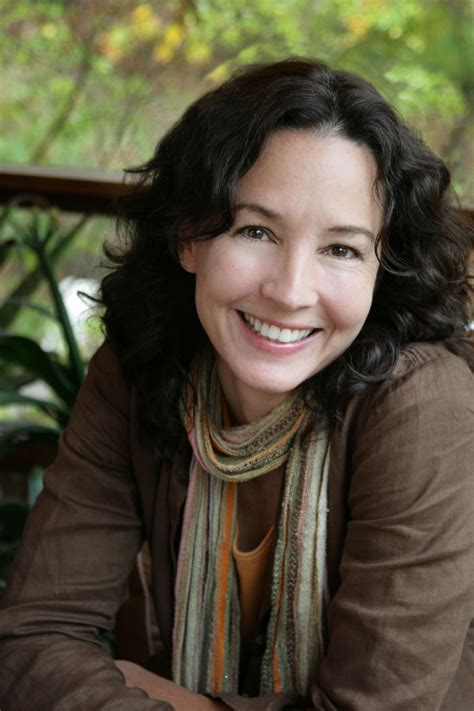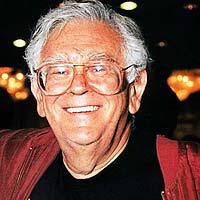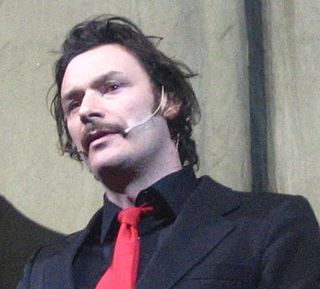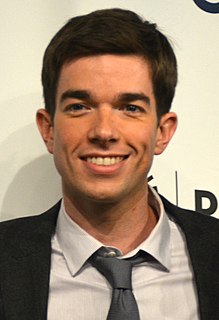A Quote by Bryan Cranston
What's great about comedy, obviously, is that you set up a situation that people assume one thing and then you break the assumption. That's basically the backbone to comedy. You set up a situation, let people make an assumption, and then you break the assumption.
Related Quotes
No matter how free divorce, how frequently marriages break up, in most societies there
is the assumption of permanent mating, of the idea that the marriage should last as
long as both live. . . . No known society has ever invented a form of marriage strong
enough to stick that did not contain the 'till death us do part' assumption.
My research suggests that when people get rebuffed they become frustrated and angry, but they would do better to become curious about the reason for the rejection. I also found that people assume that others are like them, operating under the same knowledge, beliefs, constraints and priorities. This mirror assumption makes it easier to speculate about why others act in the way they do, but sometimes the mirror assumption is wrong.
If you tell the reader it's funny, then the audience is like an audience at a stand-up comedy club and they expect you to be funny, and if you're not, they notice. Whereas if you read a regular op-ed about Israel or the family or medicine, you're not starting with the assumption that you're supposed to laugh.
Seeing ourselves as we want to be is a key to personal growth. To successfully bring about change in our lives we need to implement a system of change that is build upon three assumptions. First Assumption: We change our lives by changing the attitudes of our minds. Second Assumption: We become what we think about all day long. Third Assumption: Our mind is naturally goal seeking. Please remember these assumptions. Our mind is always trying to accomplish something. We have a powerful machine wanting to achieve goals. It will set the goals that we allow it to.
The treatment of the indeterminacy principle as absolute and final can then be criticized as constituting an arbitrary restriction on scientific theories, since it does not follow from the quantum theory as such, but rather from the assumption of the unlimited validity of certain of its features, an assumption that can in no way ever be subjected to experimental proof.
Liberals have a set of folk theories that are fallacious. One of them comes from the Enlightenment, and the assumption is that you are supposed to be logical. They assume all you have to do is tell people the facts and they will reason to the right conclusion. This is utterly ridiculous. Thought is mainly metaphorical. The frames trump all the facts.




































